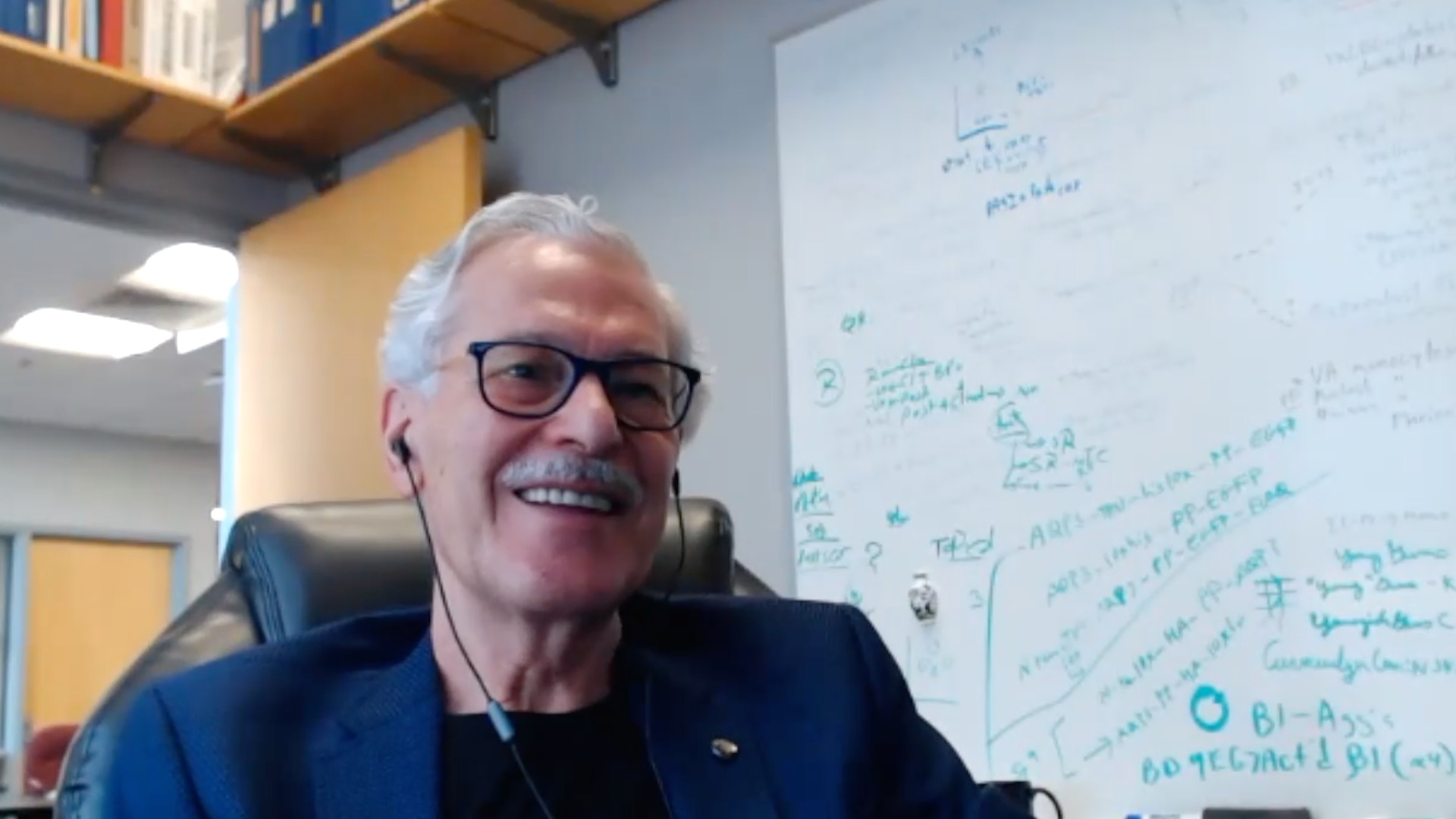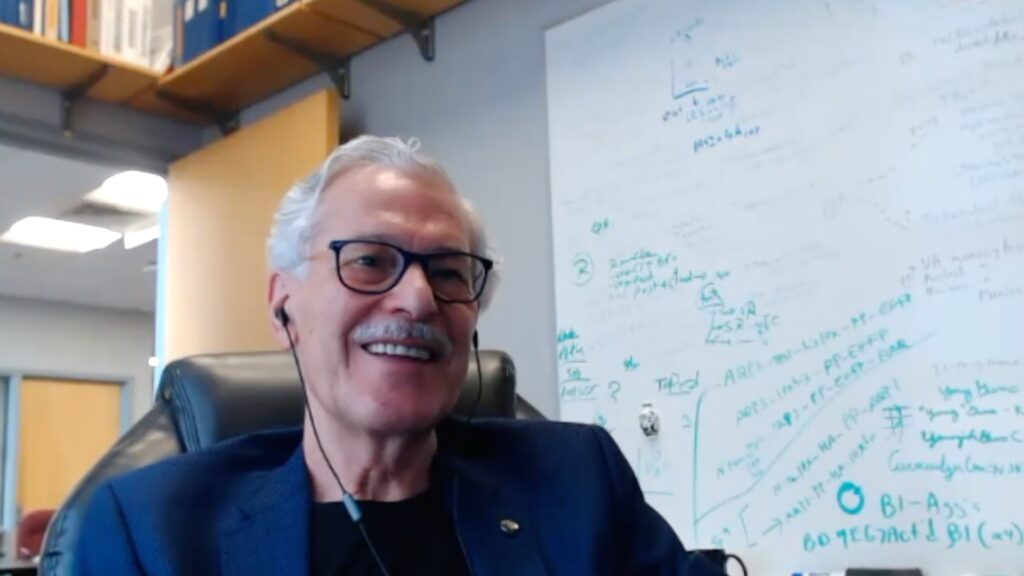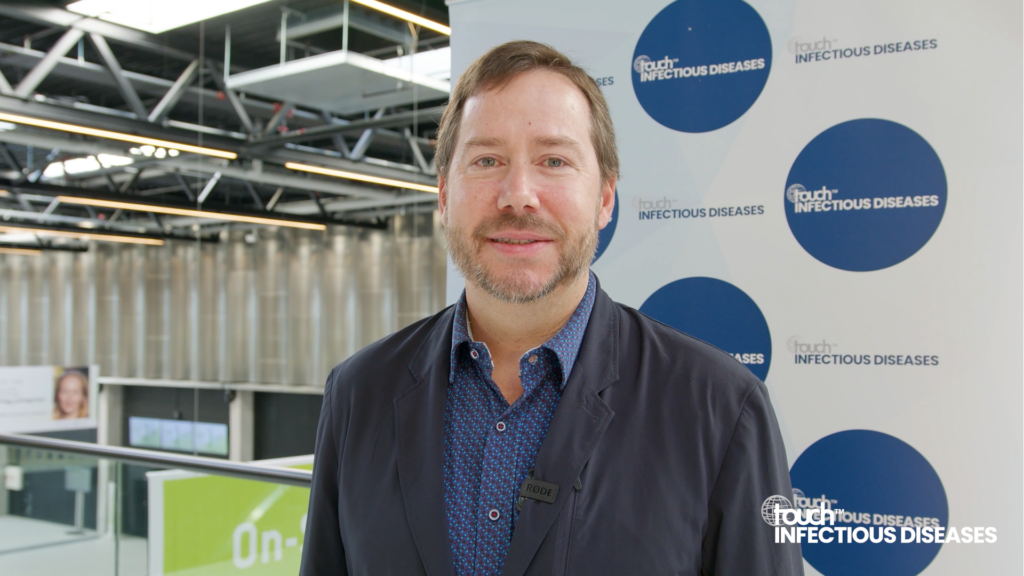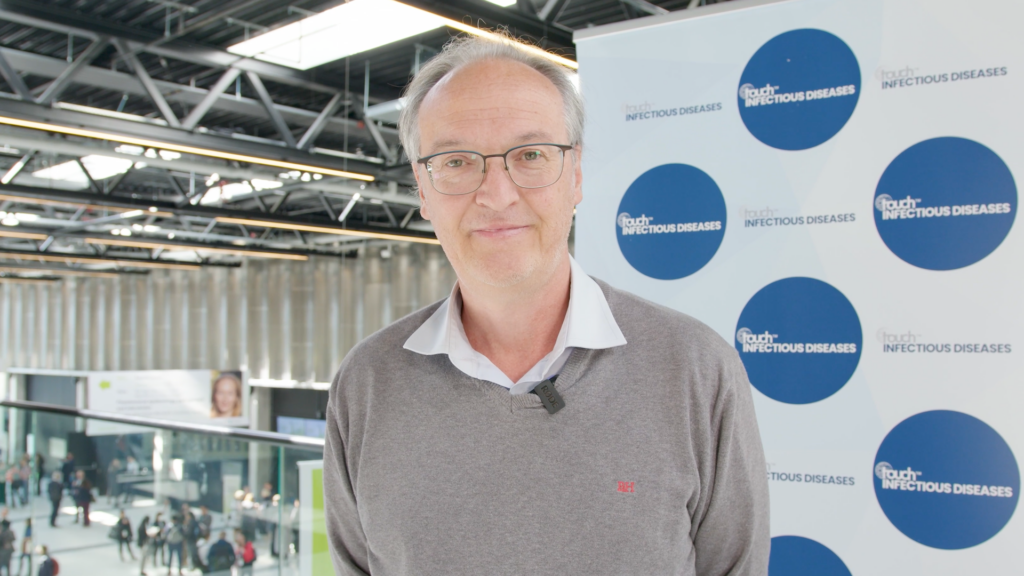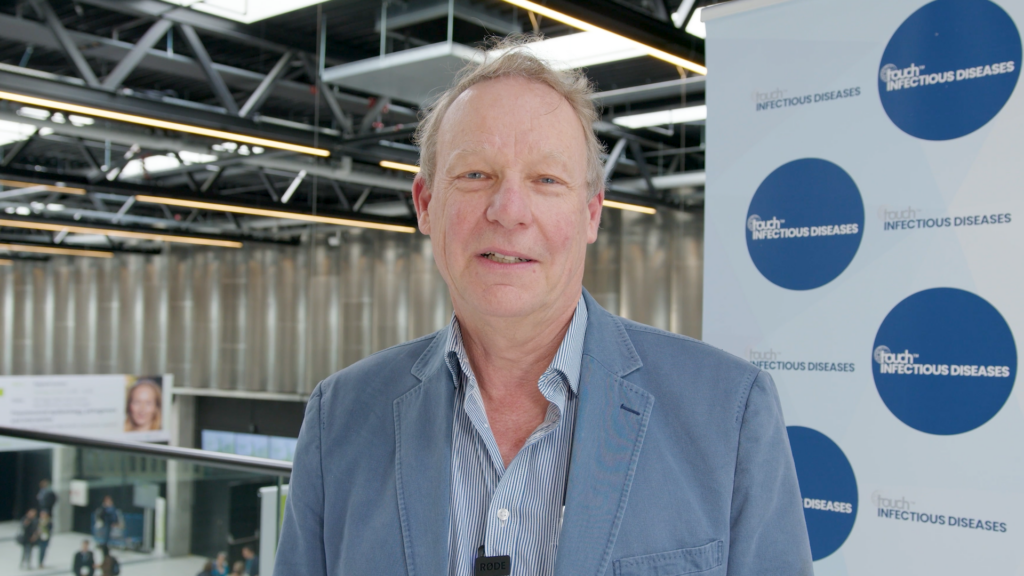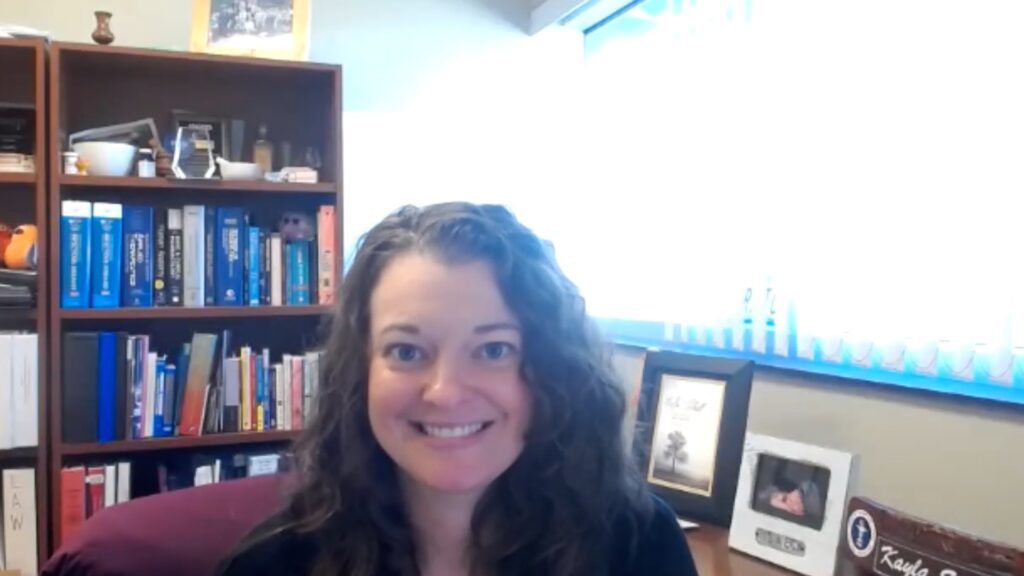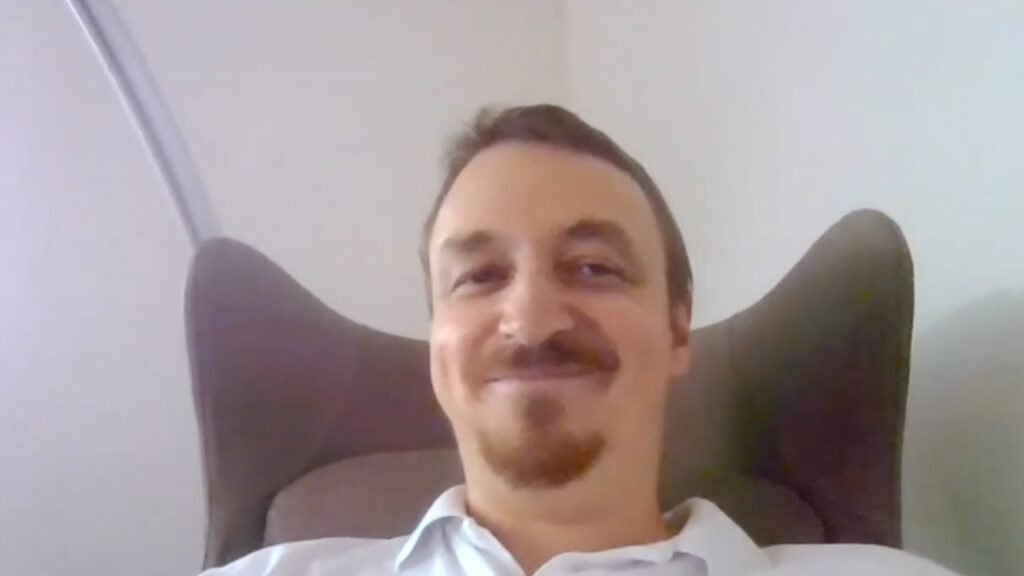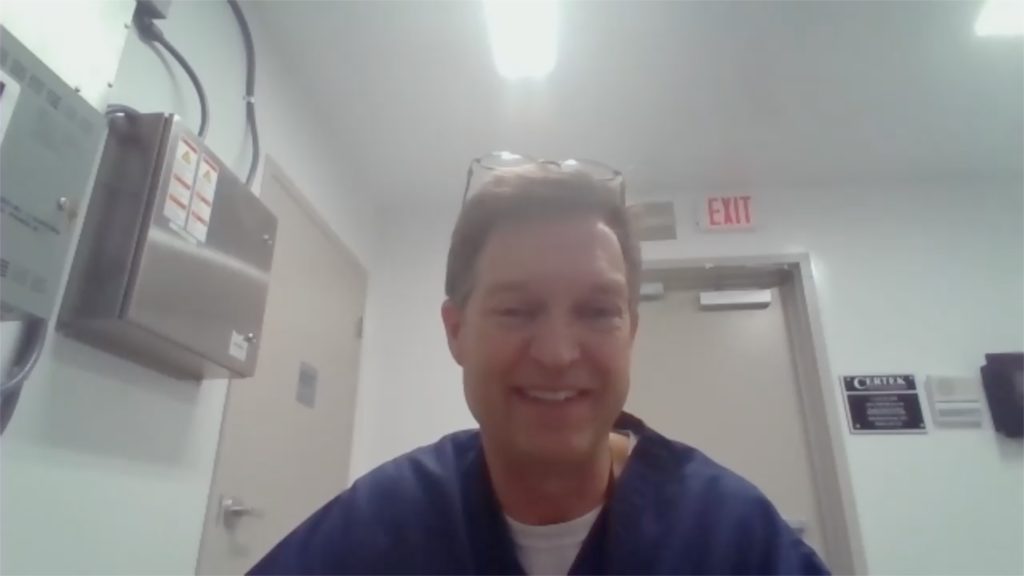Rezafungin, an echinocandin antifungal, was recently investigated in the phase 2 STRIVE (NCT02734862) and phase 3 ReSTORE (NCT03667690) trials in candidaemia/invasive candidiasis. In this interview with Prof. George Thompson (University of California, Davis, School of Medicine, Sacramento, CA, USA) we talk about the pooled analysis of STRIVE and ReSTORE, looking at mycological response with rezafungin by baseline Candida species.
The abstract ‘Rezafungin and caspofungin treatment response in candidaemia/invasive candidiasis by baseline Candida species: analysis of pooled Phase 2 and Phase 3 results.’ (Abstract number: P2048) was presented at ECCMID 2023, 15-18 April, 2023, Copenhagen, Denmark.
Questions:
- What Candida species were present at baseline in STRIVE and ReSTORE? (0:12)
- What were the aims and design of your pooled analysis of STRIVE and ReSTORE? (0:30)
- What were the findings in terms of mycological response with rezafungin at days 5 and 14? (0:55)
- How do these findings compare to that of caspofungin? (1:25)
Disclosures: George Thompson discloses consulting for: Astellas, Cidara, F2G, Mayne, Mundipharma, and Scynexis; receiving grant/research support from: Astellas, Cidara, F2G, Mayne, Mundipharma, and Scynexis; serving on advisory boards for: Astellas, Cidara, F2G, Mayne, Mundipharma, and Scynexis.
Support: Interview and filming supported by Touch Medical Media Ltd. Interview conducted by Victoria Jones/ Katey Gabrysch.
Filmed in coverage of the 33rd European Congress of Clinical Microbiology & Infectious Diseases.
Access more content on fungal infections & for further ECCMID 2023 highlights visit here.
Transcript
What Candida species were present at baseline in STRIVE and ReSTORE? (0:12)
Yeah we really saw all the major candida species. Candida albicans was still the most common, as you would expect, followed by Candida liberata, Candida krusei, and a number of others. So it really did have efficacy against all of the typical pathogens.
What were the aims and design of your pooled analysis of STRIVE and ReSTORE? (0:30)
So we pooled those together mostly for safety. Certainly with more patients in the safety data set, that really allows us to look at that in more detail, but also the efficacy and the outcomes when we pool the data. One of the subparts of the phase 2 trial was the same design as the phase 3. So when we pool that together, it does allow us to look at a larger group of patients to really follow them for their outcomes of interest.
What were the findings in terms of mycological response with rezafungin at days 5 and 14? (0:55)
You know, the day 5 is really of interest because they’ve only received one dose of rezafungin at that time point where they’ve received five days of caspofungin. So that really does let us look at an early outcome before they’ve gotten their second dose. And again rezafungin is a once a week drug, so that’s why that day five outcome was of interest to us and we saw non-inferiority at all of those outcomes by their clinical status. But in the rezafungin group we did see them clear their blood cultures more rapidly than in the caspofungin group.
How do these findings compare to that of caspofungin? (1:25)
Yeah so again, in the caspofungin group we saw their blood cultures took a bit longer to clear compared to the rezafungin in patients, but really very similar safety outcomes across the board. So I do think this has some unique advantages over caspofungin and it would be a welcome new drug in the treatment of fungal infections.
Subtitles and transcript are autogenerated.

